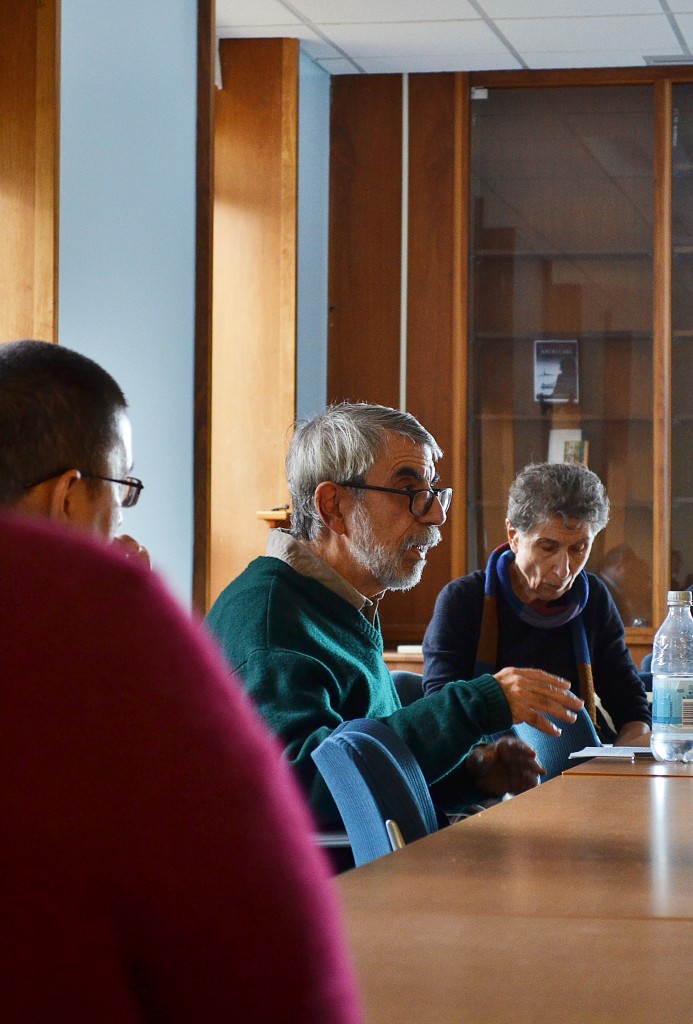
While filling up their car at the gas pump, most people don’t think twice about where it comes from.
George Caffentzis, a retired philosophy professor from the University of Southern Maine, was invited to speak by the Binghamton University sociology department in a talk entitled “The Petroleum Commons.” His talk focused on who should control oil reserves across the world, focusing on the struggle between private and state control of these resources.
Throughout history, countries have claimed bodies of water, but with the advent of petroleum reserves, these bodies of water have become increasingly privatized. According to Caffentzis, water is a common good and should not be owned by any company.
“The fight against the corporate privatizations of water has focused world attention on the question: who owns water?” Caffentzis said. “The consequent efforts to keep water as a common property at the local and global level are now some of the most important conditions of the anti-capitalist movement.”
A commons is defined as a resource which an entire community can collectively benefit from, as well as control. Caffentzis said that local communities should be able to regulate these oil preserves since it serves as part of their commons. However, large corporations often gain control of these preserves, and in impoverished places these problems are especially prevalent.
“The growth of these non-corporate, non-state actors who claim communal ownership of petroleum is remarkable and is having a decisive impact on the development of the oil industry,” Caffentzis said. “This is especially true of the expansion of oil exploration into the margins, areas that have previously been too distant from the main centers of the oil industry.”
According to Caffentzis, there has been an increase in the past 20 years of resistance to oil extraction by indigenous groups across the world. He highlighted the ecological harm and human health hazards that native people from Nigeria to Latin America face from oil extraction in their communities. Pollution is caused by oil spilling during the extraction process, and Caffentzis said that this is very harmful to the surrounding countries.
“This process of extraction of petroleum will destroy them and will result in massive death of the people involved, as well as the destruction of their society,” Caffentzis said.
Denis O’Hearn, a professor of sociology at BU, said that many of these problems are caused by the capitalist system of resource controls that leaves these groups helpless and unable to protect themselves. According to him, these claims of a commons is about the struggle between marginalized societies versus the elite.
“Once you begin to define the land, the earth and resources as property, that then is a way of taking those things out of the hands or the control of people,” O’Hearn said. “The result of course is that they are produced and controlled to make a profit rather than for the good of communities.”
Mushahid Hussain, a Ph.D. candidate studying sociology, said that understanding the concept of a common resource is relevant to petroleum extraction as well as resources in general.
“It is an important concept in discussions about water rights and atmospheric rights concerning global climate change,” Hussain said.


